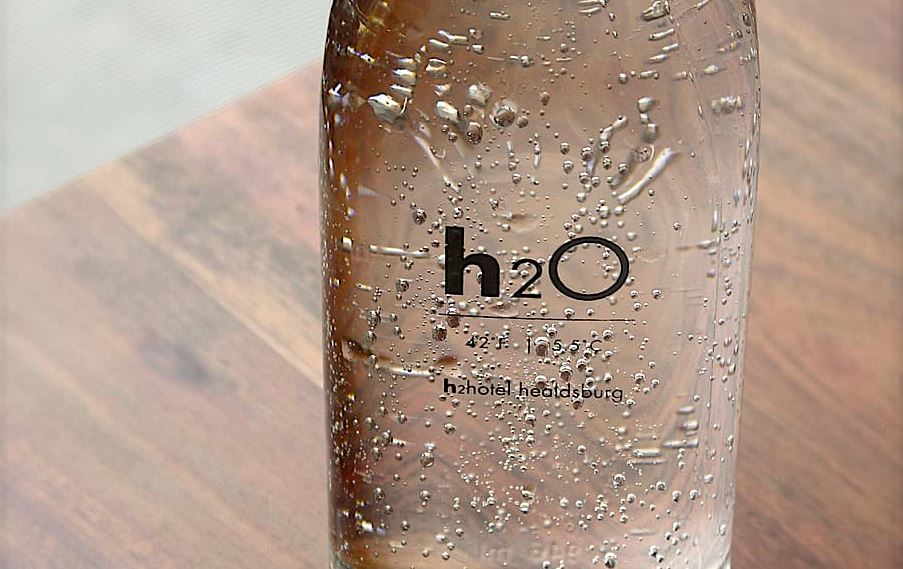A liver shrinking diet, often recommended before weight-loss surgery (bariatric surgery), aims to reduce the size of the liver to make surgery safer and easier. It usually focuses on a low-calorie, low-carbohydrate, and high-protein intake. Here’s a general food list for a liver shrinking diet:
Proteins:
- Lean meats: Chicken, turkey, and lean cuts of beef or pork.
- Fish: Especially fatty fish like salmon, mackerel, and sardines.
- Eggs: Preferably egg whites, which are pure protein.
- Tofu and tempeh: Good vegetarian protein sources.
Dairy and Dairy Alternatives:
- Greek yogurt: Preferably low-fat or non-fat.
- Cottage cheese: Low-fat versions are better.
- Milk: Skimmed or low-fat milk. Alternatively, almond, soy, or other plant-based milks (unsweetened varieties are best).
Vegetables: (Usually non-starchy vegetables)

- Leafy greens: Spinach, kale, chard, and lettuce.
- Broccoli and cauliflower.
- Green beans.
- Bell peppers.
- Zucchini and cucumber.
- Brussels sprouts.
- Asparagus.

Fruits: (Limited quantities)
- Berries: Strawberries, blueberries, raspberries.
- Apples and pears (preferably without skin).
- Melons: Cantaloupe and honeydew.
- Avocado (in moderation due to its high-fat content).
Beverages:
- Water: It’s crucial to stay hydrated. Aim for at least 8 cups a day.
- Herbal teas.
- Broth-based soups (without added sugars or high carb ingredients).
Others:
- Healthy fats (in moderation): Olive oil, avocados, and nuts.
- Seasonings: Herbs and spices to flavor food without adding calories or sugar.
Foods to Avoid:
- Sugary foods and drinks: Cakes, candies, sodas, fruit juices.
- Refined carbohydrates: White bread, pasta, and rice.
- Fried foods.
- Fatty meats: Bacon, sausages, fatty cuts of beef or pork.
- Alcohol.
Always consult with a healthcare professional or nutritionist when considering significant dietary changes, especially if they are related to a medical procedure.
Staying on Track: The Risks of Cheating from the Liver Shrinking Diet
If you’re referring to “cheating” on a liver shrinking diet, it’s essential to understand the implications and potential risks involved, especially if you’re undergoing this diet in preparation for bariatric surgery or another medical procedure.
See also: Curious About Cheating on the Liver Shrinking Diet? Here’s What You Need to Know
Why It’s Not Recommended to Cheat:
- Purpose of the Diet: The primary purpose of the liver shrinking diet is to reduce the size and fat content of the liver, making surgical procedures safer and more straightforward. Cheating on the diet might reduce its effectiveness, potentially complicating the surgery.
- Potential Complications: An enlarged or fatty liver can obstruct the surgical site, making it more challenging for the surgeon to operate. It may also increase the risk of complications during surgery.
- Delay in Surgery: If the liver has not shrunk sufficiently, the surgery might need to be postponed.
- Wasted Effort: Even occasional deviations can significantly set back progress. If you’ve been adhering to the diet for days or weeks, a single cheat day might undo some of that hard work.
If You’ve Already Cheated:

- Don’t Panic: While it’s essential to stick to the diet, panicking won’t help the situation. Instead, acknowledge the misstep and move forward.
- Get Back on Track Immediately: Return to your liver shrinking diet as soon as possible.
- Hydrate: Drink plenty of water to help flush out any excess sodium or sugar you may have consumed.
- Discuss with Your Healthcare Team: If the cheat was significant, it’s a good idea to consult with your surgeon, doctor, or nutritionist. They can provide guidance on the next steps and whether any adjustments to the diet or schedule are necessary.
- Consider the Reasons: Reflect on what led to the cheat. Was it due to external pressures, cravings, or maybe a lack of preparation? Identifying the cause can help you prevent future missteps.
Remember, the liver shrinking diet isn’t about punishment or deprivation. It’s a temporary measure to ensure your safety during a medical procedure. If you’re struggling with the diet, consider seeking support from friends, family, or a support group, or discussing concerns with your healthcare team. They may have resources or suggestions to make the process more manageable.
- Curious About Cheating on the Liver Shrinking Diet? Here’s What You Need to Know
The liver shrinking diet plays a crucial role in preparing individuals for weight loss surgery, particularly bariatric surgery. This specialized..


